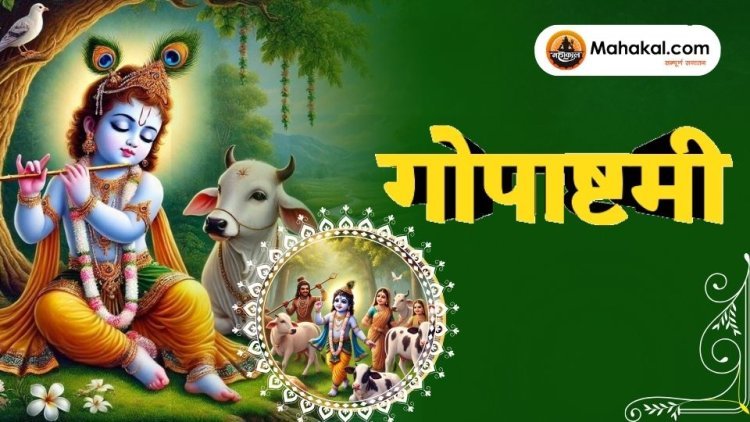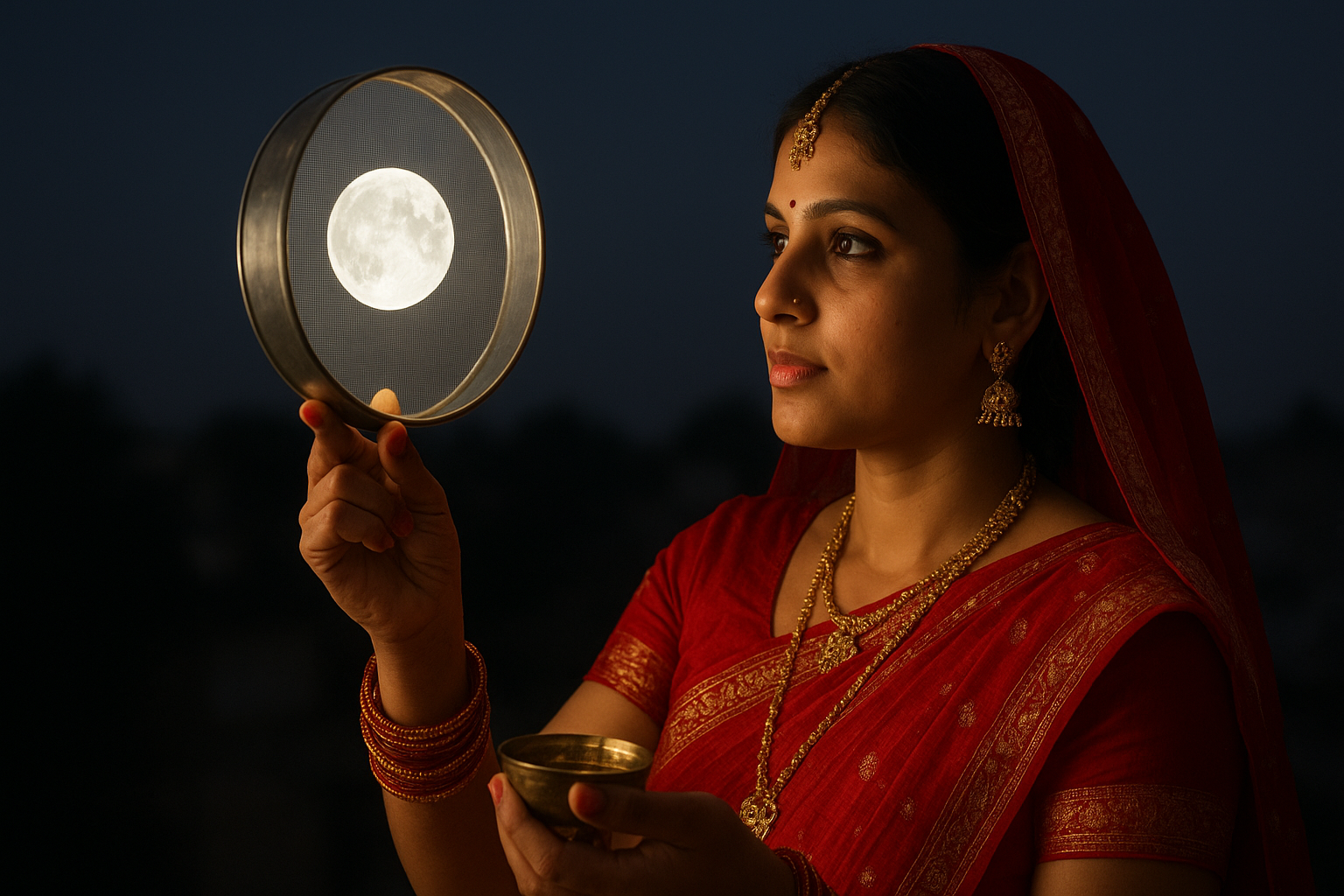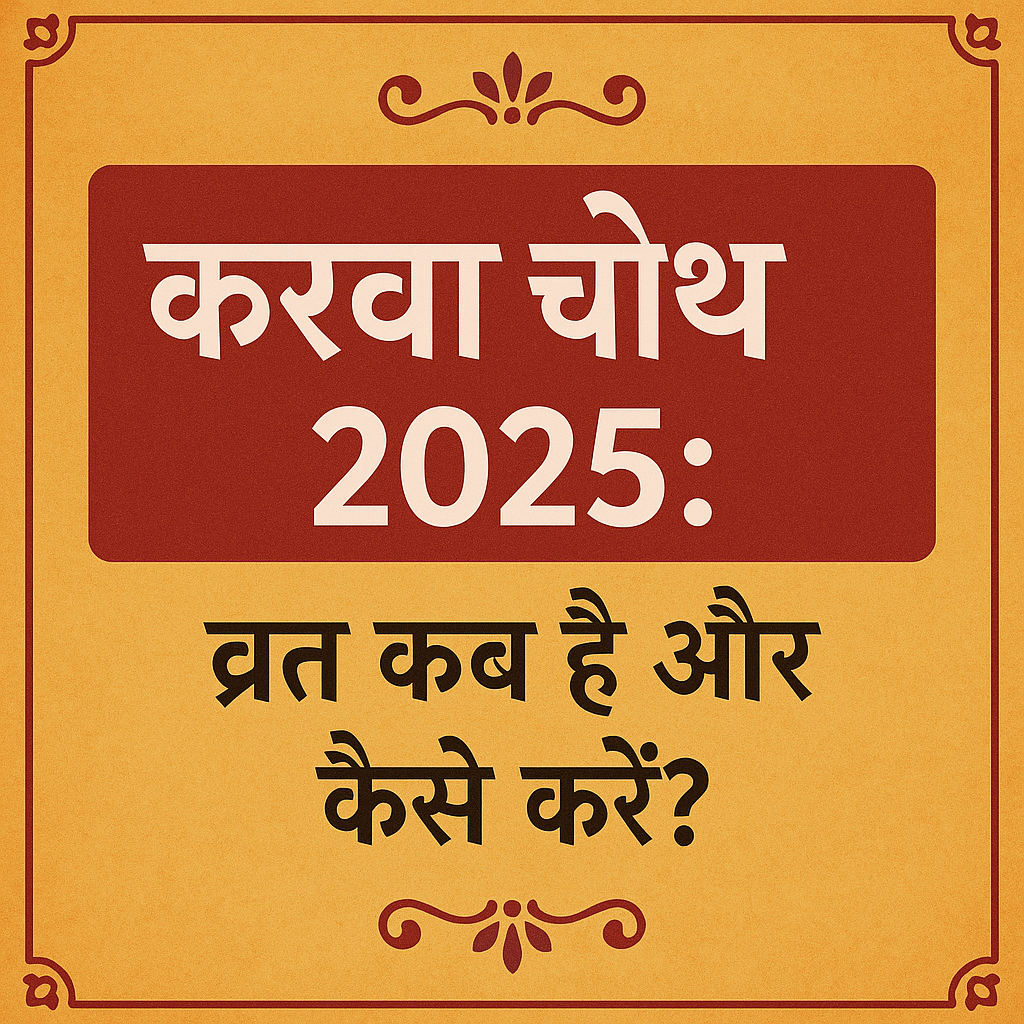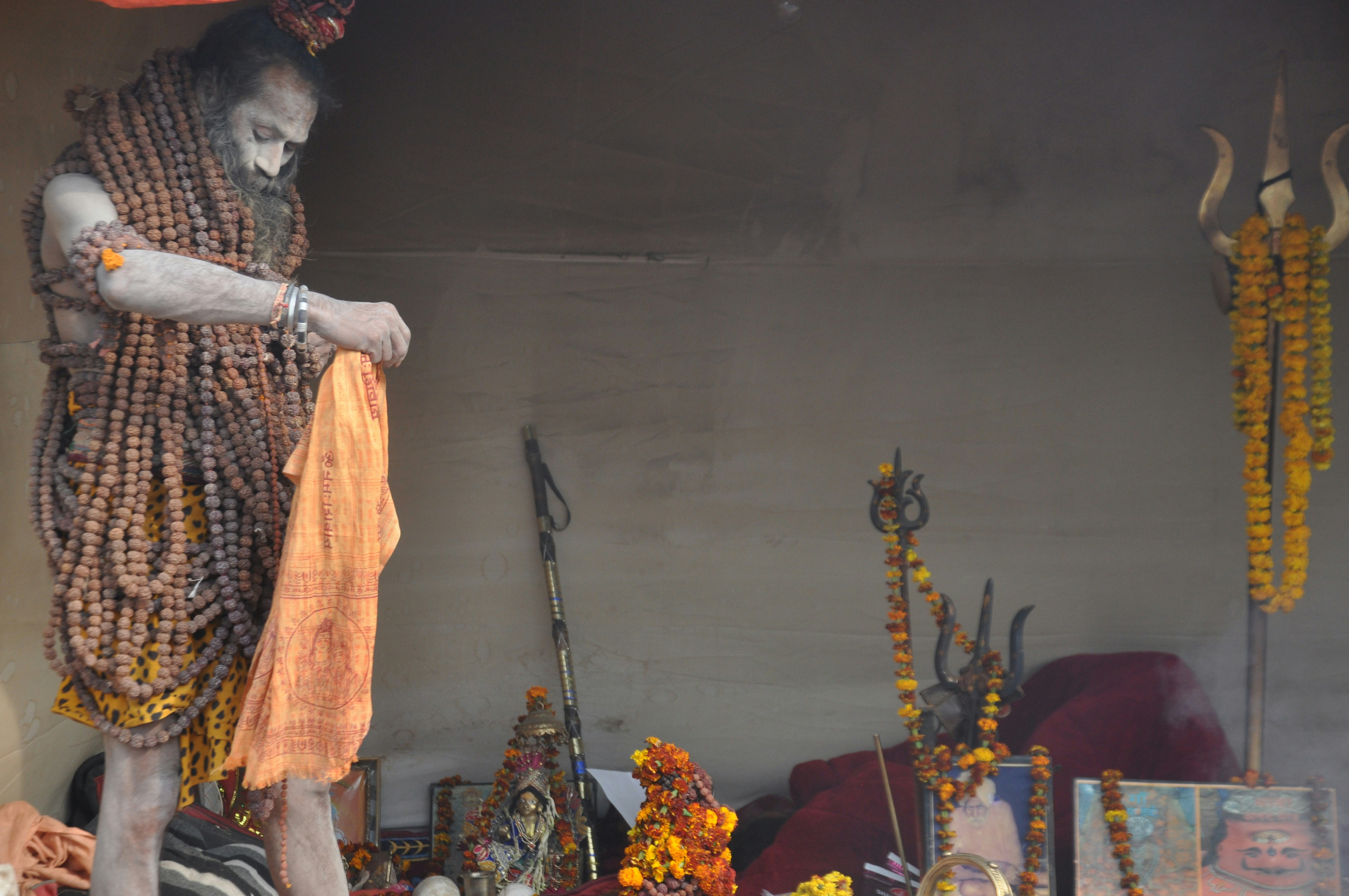Shiv Tandav Stotram is a powerful hymn composed by the great sage Ravana in praise of Lord Shiva. It is a part of the ancient Hindu text known as the Ramcharitmanas. The stotram is known for its mesmerizing rhythm and deep devotion, and it is widely recited by devotees to seek the blessings and protection of Lord Shiva. In this article, we will explore the benefits of reciting the Shiv Tandav Stotram and delve into its significance in the lives of devotees.


History and Significance of Shiv Tandav Stotram
The Shiv Tandav Stotram is considered one of the most powerful and mystical hymns in Hinduism. It is said to have been composed by Ravana, the demon king of Lanka and a great devotee of Lord Shiva. Ravana is known for his unmatched devotion and knowledge of music and literature.
According to Hindu mythology, Ravana performed intense penance to please Lord Shiva and sought his blessings for immortality. Impressed by Ravana’s devotion, Lord Shiva granted him a boon that no other god or demon could kill him, except for a human being. This led to Ravana’s downfall at the hands of Lord Rama, an incarnation of Lord Vishnu, during the battle of Ramayana.
The Shiv Tandav Stotram is said to be a manifestation of Ravana’s devotion and his acknowledgment of Lord Shiva’s supreme powers. The stotram describes the cosmic dance of Lord Shiva, known as the Tandava, which symbolizes the creation, preservation, and destruction of the universe. It praises Lord Shiva’s various attributes, such as his cosmic form, his role as the supreme creator and destroyer, and his benevolence towards his devotees.
Structure and Content of Shiv Tandav Stotram
The Shiv Tandav Stotram consists of 16 stanzas, each describing a different aspect of Lord Shiva’s Tandava dance and his divine qualities. The stotram is written in Sanskrit, and each verse is filled with poetic imagery and sublime metaphors that highlight the grandeur and majesty of Lord Shiva.
The stotram begins with the famous verse “Jatatavigalajjala pravahapavitasthale,” which describes the flowing locks of Lord Shiva’s hair as he dances in the cosmic space. It goes on to praise Lord Shiva’s third eye, his Trident (Trishul), his drum (Damaru), and his celestial river Ganga, among other divine attributes.
Each verse of the stotram captures a different aspect of Lord Shiva’s personality and power, evoking a sense of awe and reverence in the hearts of devotees. The rhythmic flow of the verses and the powerful imagery used in the stotram make it a captivating and enchanting composition that is cherished by millions of devotees around the world.
Benefits of Reciting Shiv Tandav Stotram
The Shiv Tandav Stotram is believed to possess immense spiritual and cosmic significance, and reciting it with devotion is said to confer several benefits to the devotees. Some of the key benefits of reciting the Shiv Tandav Stotram are as follows:
- Removal of Obstacles: Reciting the Shiv Tandav Stotram with faith and devotion is believed to help overcome various obstacles and challenges in life. It is said to remove negativity and bring positive energy into one’s life.
- Blessings of Lord Shiva: By reciting the stotram regularly, devotees can seek the blessings and protection of Lord Shiva. It is believed that Lord Shiva is pleased by the sincere devotion of his followers and fulfills their wishes.
- Spiritual Upliftment: The Shiv Tandav Stotram is not just a…
Benefits of Reciting Shiv Tandav Stotram (Continued)
- Spiritual Upliftment: The Shiv Tandav Stotram is not just a hymn of praise but also a powerful tool for spiritual growth and upliftment. By meditating on the verses and contemplating their meanings, devotees can deepen their connection with Lord Shiva and experience inner peace and tranquility.
- Protection and Healing: Reciting the Shiv Tandav Stotram is believed to offer protection from negative influences and evil forces. It is said to create a shield of divine energy around the devotee, guarding them from harm and promoting physical and emotional healing.
- Enhanced Concentration and Focus: The rhythmic chanting of the Shiv Tandav Stotram can help improve concentration and focus. By immersing oneself in the divine verses and surrendering to the cosmic dance of Lord Shiva, one can achieve a sense of clarity and serenity.
- Balancing Energies: The Shiv Tandav Stotram is said to have the power to balance the energies within the body and mind. It is believed to harmonize the chakras and awaken the dormant spiritual energy, known as Kundalini, leading to a feeling of vitality and harmony.
- Fulfillment of Desires: Devotees often recite the Shiv Tandav Stotram to seek the fulfillment of their heart’s desires. It is believed that Lord Shiva, being the supreme grantor of wishes, listens to the prayers of his devotees and blesses them with prosperity, happiness, and success.
- Cleansing of Sins: The Shiv Tandav Stotram is considered purifying and cleansing for the soul. It is believed to wash away past sins and negative karma, allowing the devotee to start afresh with a clean slate and embark on a spiritual journey towards liberation.
How to Recite Shiv Tandav Stotram
Reciting the Shiv Tandav Stotram is a sacred practice that requires dedication, focus, and devotion. Here are some guidelines on how to effectively recite the stotram:
- Select a Sacred Space: Choose a clean and quiet place for reciting the stotram. Create a sacred atmosphere by lighting incense, lamps, or candles and placing a picture or idol of Lord Shiva in front of you.
- Begin with Prayers: Before starting the recitation, offer prayers and obeisance to Lord Shiva. Invoke his blessings and express your sincere devotion towards him.
- Chant with Reverence: Recite each verse of the stotram with deep reverence and devotion. Focus on the meaning of the words and surrender your ego to the divine presence of Lord Shiva.
- Maintain Regularity: For maximum benefits, try to recite the Shiv Tandav Stotram at the same time each day. Consistency in practice is key to experiencing the transformative power of the stotram.
- Reflect and Meditate: After reciting the stotram, take a few moments to reflect on its…











Leave a Reply